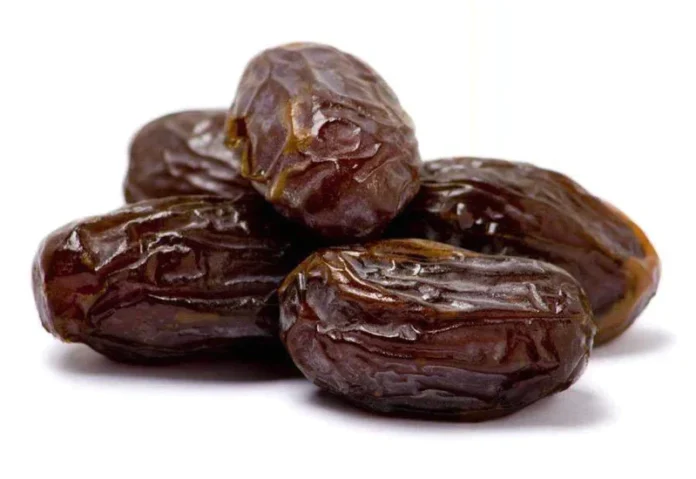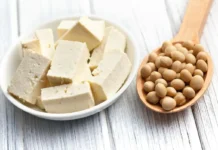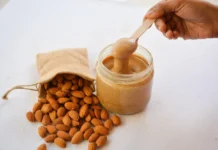Glycemic Index of Medjool Dates
Medjool dates are a naturally sweet fruit with a glycemic index (GI) of about 62, which places them in the medium-GI category. This means that Medjool dates can cause a moderate increase in blood sugar levels, so they should be enjoyed in controlled portions, especially by those managing blood sugar.
Glycemic Load of Medjool Dates
The glycemic load (GL) of Medjool dates varies based on serving size. For a typical serving of 2 large dates (about 48 grams), the glycemic load is approximately 18, which is relatively high. Because of their high carbohydrate content, it’s best to consume Medjool dates in moderation to avoid sharp blood sugar spikes.
Nutritional Profile of Medjool Dates (per 100 grams)
Medjool dates are nutrient-dense, providing natural sugars, fiber, and essential vitamins and minerals. Here’s a detailed look at the nutritional profile of Medjool dates per 100 grams:
| Nutrient | Amount per 100g | % Daily Value (DV) |
|---|---|---|
| Calories | 277 kcal | – |
| Carbohydrates | 75 g | – |
| Sugars | 66.5 g | – |
| Fiber | 6.7 g | 27% |
| Protein | 1.8 g | 4% |
| Fat | 0.2 g | – |
| Potassium | 696 mg | 20% |
| Magnesium | 54 mg | 13% |
| Vitamin B6 | 0.2 mg | 15% |
| Calcium | 64 mg | 5% |
| Iron | 0.9 mg | 5% |
| Copper | 0.4 mg | 20% |
| Antioxidants | Present | – |
Medjool dates are rich in natural sugars, fiber, and potassium, making them a quick energy source and beneficial for hydration and muscle function. They also contain antioxidants that may support overall health.
In summary, Medjool dates have a medium glycemic index and a relatively high glycemic load, making them a sweet treat best enjoyed in moderation within a balanced diet.






